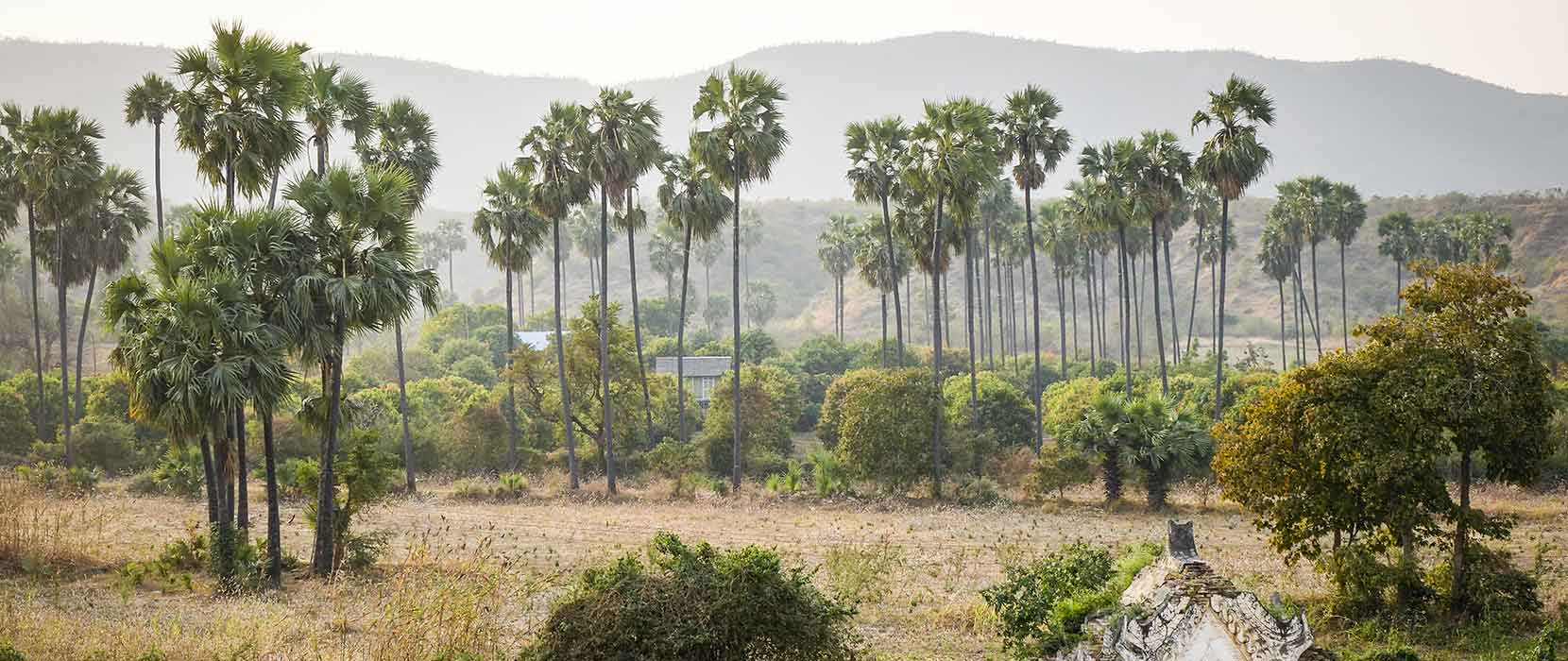Dr Johanna Garnett, who recently completed her doctoral research at UNE on the conflict in Myanmar, found that the conflict was linked to the historical clash between authority and democracy, and is fundamentally a conflict between environmental quality and economic development.
Researcher: Dr Johanna Garnett, School of Humanities
Australians are not all that familiar with the decades-long conflict still raging in Myanmar – one of our nearest neighbours. Dr Johanna Garnett, who recently completed her doctoral research at UNE on the conflict in Myanmar, found that the conflict was linked to the historical clash between authority and democracy, and is fundamentally a conflict between environmental quality and economic development.
Despite decades of repression, the people of Myanmar have maintained a sense of agency and autonomy through their traditional cultures, strong sense of community, Buddhism and a vibrant civil society. There is an emerging, domestic social movement within Myanmar, one that is focusing on food security and the regeneration of traditional communities as a response to environmental degradation and associated social issues. Grassroots groups, ethnic youth in particular, are engaged in environmental peacebuilding, developing peaceful and practical solutions that can be utilised within a nation emerging from decades-long internal conflict. However these agrarian communities are experiencing high levels of environmental, human and food insecurity. The situation for many agrarian populations is worsening due to top-down, state-led development models that either ignore, or ride rough-shod over, local knowledge, and experience.
Johanna’s ongoing research in Myanmar, where she will return in late 2017, is based on extensive fieldwork and in-depth ethnographic work. This is because environmental peacebuilding in Myanmar is grounded in traditional ecological knowledge (TEK), and community values, which also integrates new knowledge and skills. Environmental peacebuilding is a form of peace-making that involves addressing our relationship with the environment and each other, developing healthy ecosystems and sustainable livelihoods, whilst ensuring the same for future generations. Environmental peace provides a new lens through which to understand the changing nature of conflict in the contemporary era, particularly in light of global environmental change. It requires placing community considerations above corporate interests, the environment above economics and people before profit.
Dr Garnett has worked alongside local villagers, and with young adults from a number of ethnic groups from within Myanmar, assisting them to develop alternative sustainable development practices and environmental education programs. For example, the Network for Environment and Economic Development (NEED), a grassroots organisation that has built an eco-farm and residential school in the south of the country. Such local initiatives are examples of socio-ecological transformation occurring at the grassroots level around the world, and which sponsor participatory democratic structures and processes as well as alternative agricultural practices. Dr Garnett believes that such work is vital in light of growing environmental security issues and climate change, and states that ‘there is potential in these inter-ethnic and multi-ethnic initiatives worked out by young people, for addressing current and future conflicts based on environmental issues’.


